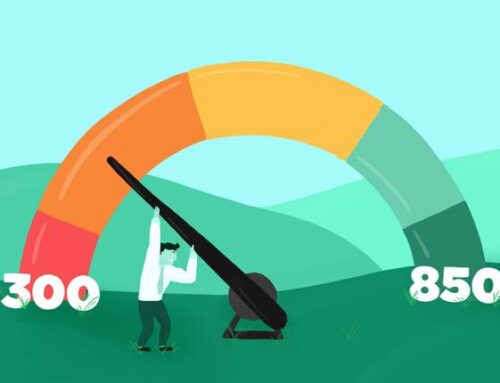Are They Taking Your Wages?
Wage garnishment is the process by which a creditor attempts to collect what you owe him by taking the money directly from your paycheck before you can get a hold of it.
Under California law, the most that can be garnished from your wages is the lesser of:
- 25% of your disposable earnings for that week or
- 50% of the amount by which your weekly disposable earnings exceed 40 times the state hourly minimum wage. If a judgment debtor works in a location where the local minimum hourly wage is greater than the state minimum hourly wage, the local minimum hourly wage in effect at the time the earnings are payable is used for the calculation. (Cal. Civ. Proc. Code § 706.050).
Must Be Court Approved
Wage garnishment can only be executed with the approval of the court. Therefore, in order for a creditor to garnishee your wages, he must first file a lawsuit against you and take you to court. If the creditor wins the case against you, the court will direct your employer to deduct a specified amount of money from your paycheck each week and give it directly to the creditor. This process will continue until your debt to the creditor is paid in full.
Fired for Wage Garnishment?
Knowing that employers may view workers whose wages are being garnished as undesirables and as a result may try to fire them or lay them off, the federal government has laws in place to protect them. An employer cannot fire an employee whose wages are being garnished – at least the first time. If this is the second or greater time that an employer has been asked to garnishee an employee’s paycheck, however, the situation is different. In this case, under certain conditions, the employer can dismiss the employee.
The government also has an upper limit on the amount of money that can be taken from an employee’s check within one week. By federal law, for a normal debt, no more than 25% or 30 times the minimum federal wage (whichever is lower) of the employee’s salary can be taken out in any one pay period. The number of garnishees against the employee is irrelevant. Whether one garnishee or more is being executed, the total amount taken out cannot exceed the above limits.
Do you need a Los Angeles Wrongful Termination Attorney?
IRS Wage Garnishment
The situation is different, however, for an IRS wage garnishment or if the garnishee is for federal or state taxes or child support. These types of debts are exempt from the federal limits. In these cases, a greater percentage (up to 50%), can legally be taken from your paycheck. There are various other nuances in the law regarding the amount that can be taken out as well. A lawyer will be able to tell you how the specific laws are normally applied in your state and county.
The debts garnisheed can fall within a wide range. Federal income tax, state tax, child support, credit card, and loans – are just a subset of the various classes of creditors. Wages can be garnished for any of these reasons and more.






